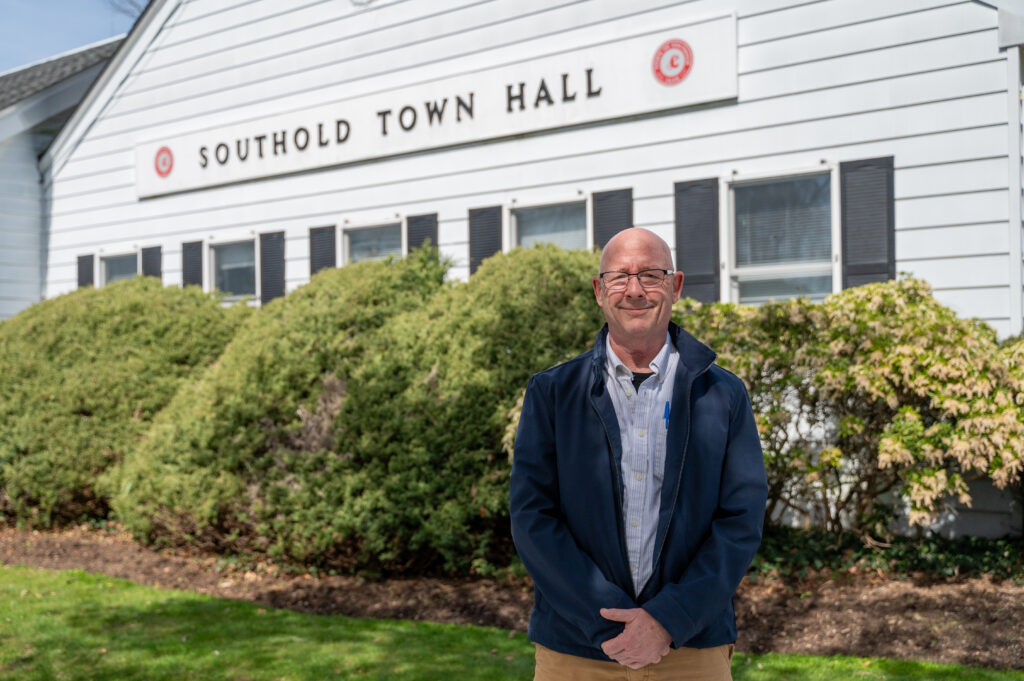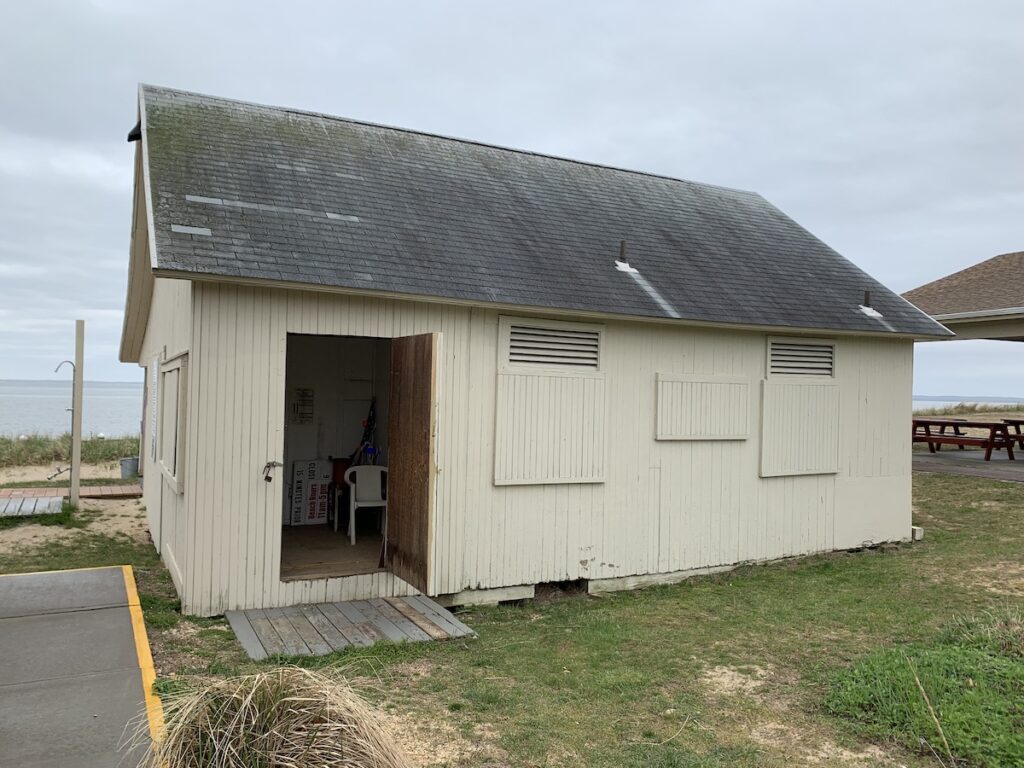Rebate program returns for homeowners interested in installing rain gardens

Homeowners within the Peconic watershed can play a key role in preventing polluted stormwater from flowing into rivers, bays or directly into the Long Island Sound.
The Peconic Estuary Partnership is once again accepting applications for its homeowner rewards program, which allows homeowners to earn up to $500 to offset the expense of installing green infrastructure on their properties.
The grants are available for homeowners who install rain barrels, rain gardens or native plant gardens on their properties in an effort to prevent pollutants from entering the watershed.
Sarah Schaefer, program coordinator and environmental analyst for the Peconic Estuary Partnership, helps oversee the rebate program and said there are a multitude of environmental benefits to planting native gardens that include preserving native pollinators, birds and insect species.
“These plants are adapted to our region and all of the active species in our region are also adapted to using these plants in some way to get nutrients. It really is a great habitat for all of our native wildlife,” she said.
Native plant gardens also require less irrigation, pesticides and fertilizer since they’re well adapted to local conditions.
Rain gardens help filter stormwater by collecting runoff in a shallow depression planted with native plants that can withstand water inundation.
The pollutants are then filtered and absorbed by root systems as the water flows down to the soil and ultimately reaches the groundwater table.
Participants are also urged to install 50-gallon rain barrels used to collect and reuse stormwater.
“It’s surprising how quickly the rain barrels fll up when you have a rainstorm. If you have one on each of your gutters, you’ll be catching a lot of rain that you can then use to water your vegetable or native plant garden,” Ms. Schaefer said.
All three forms of “green infrastructure” can also protect drinking water, she said.
“It’s a much more efficient use of water if we can capture the water running off of our roofs to use it to water our plants instead of using the highly precious sole source aquifer water that is pumped up through our public water supply.”
Since the project was introduced in 2014, more than 80 homeowners have participated in the program.
That translates to more than 72,000 square feet of native plant and rain gardens and approximately 80 rain barrels installed on properties to date. Several additional projects from this year’s program are expected to be completed by November.
To support the program, the PEP allocates a portion of their federal EPA funding each year. According to executive director Joyce Novak, the PEP is slated to receive $700,000 in federal funding this year, an increase from $662,500 previously.
To be eligible, homeowners must apply for the rewards program and demonstrate that their garden will replace a minimum of 50 square feet of pavement, turf grass or lawn with native species or install a 50-gallon rain barrel affixed with mosquito netting.
Upon approval, the projects are constructed and homeowners can then submit itemized receipts and photos of their finished project to the PEP for rebate checks.
Some residents of Brookhaven, East Hampton, Riverhead, Shelter Island, Southampton, and Southold towns who live within the Peconic Estuary watershed are eligible and an interactive map is available online.
Applications are accepted on a rolling basis and more information can be found at peconicestuary.org.








